Have you ever watched your feline friend bat a pen off the desk or send your favorite mug tumbling? While it might seem like simple mischief, there are actually fascinating reasons behind your cat’s penchant for causing a little chaos. Understanding these behaviors can not only save your belongings but also strengthen the bond you share with your pet. Let’s dive into the mysterious world of why cats love to knock things over.
Instinctual Hunting Behavior
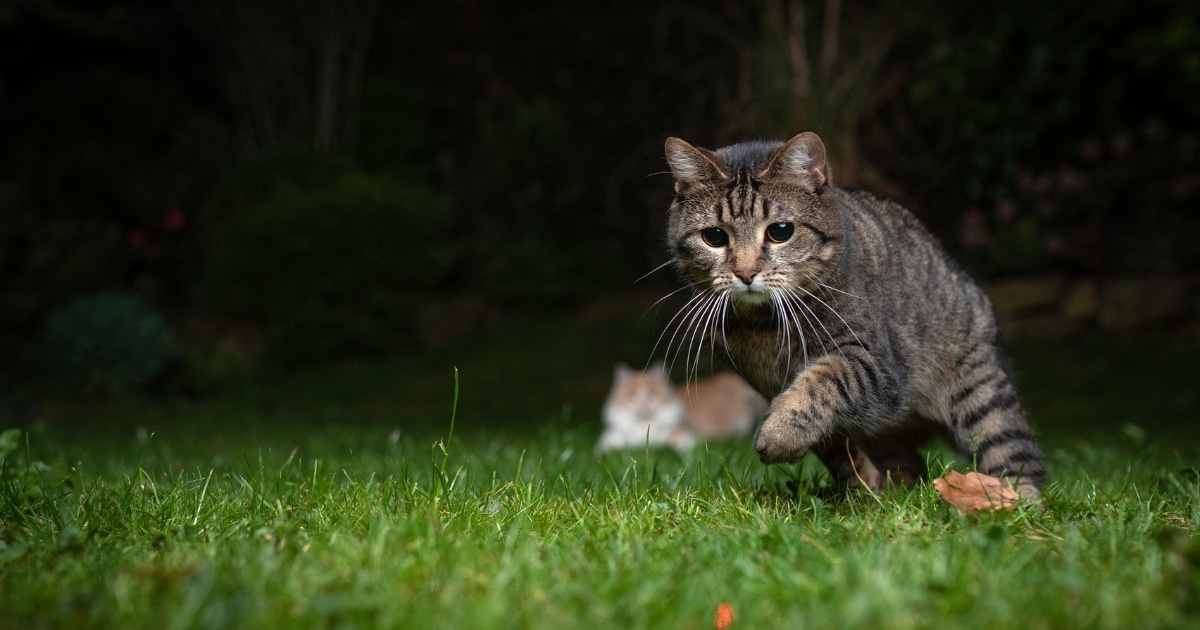
Cats are natural hunters, and knocking objects off surfaces mimics the actions they would take to catch prey. This behavior helps them practice their pouncing and swatting skills, keeping their instincts sharp even in a domestic setting. By pushing items over, they simulate the thrill of the hunt, which is both mentally and physically stimulating for them.
Exploring Their Environment
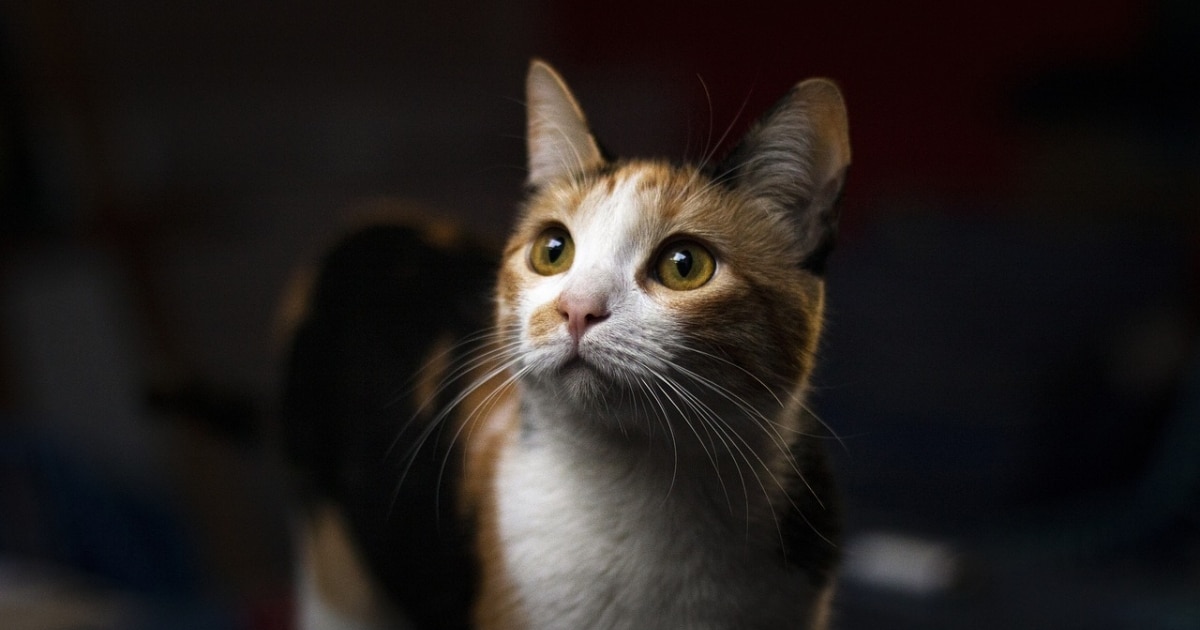
Cats use their paws to investigate and understand their surroundings. By batting objects, they gather information about the texture, weight, and movement of items in their environment. This tactile exploration helps them make sense of the world around them, especially in areas where new items are introduced.
Attention Seeking
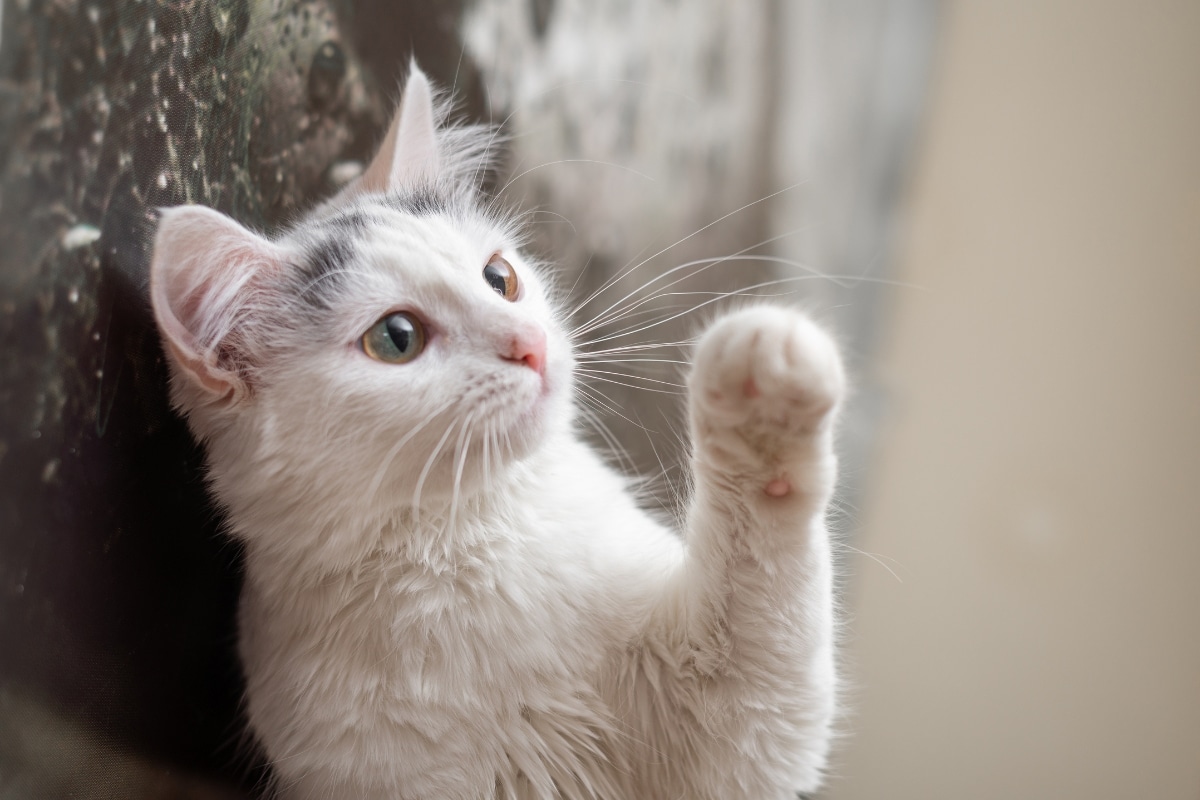
If your cat feels neglected or craves interaction, knocking something over can be an effective way to grab your attention. Whether it’s a vase or a glass, the noise and movement alert you to their presence. This behavior is often reinforced if you respond by giving them attention, even if it’s to scold them.
Playfulness
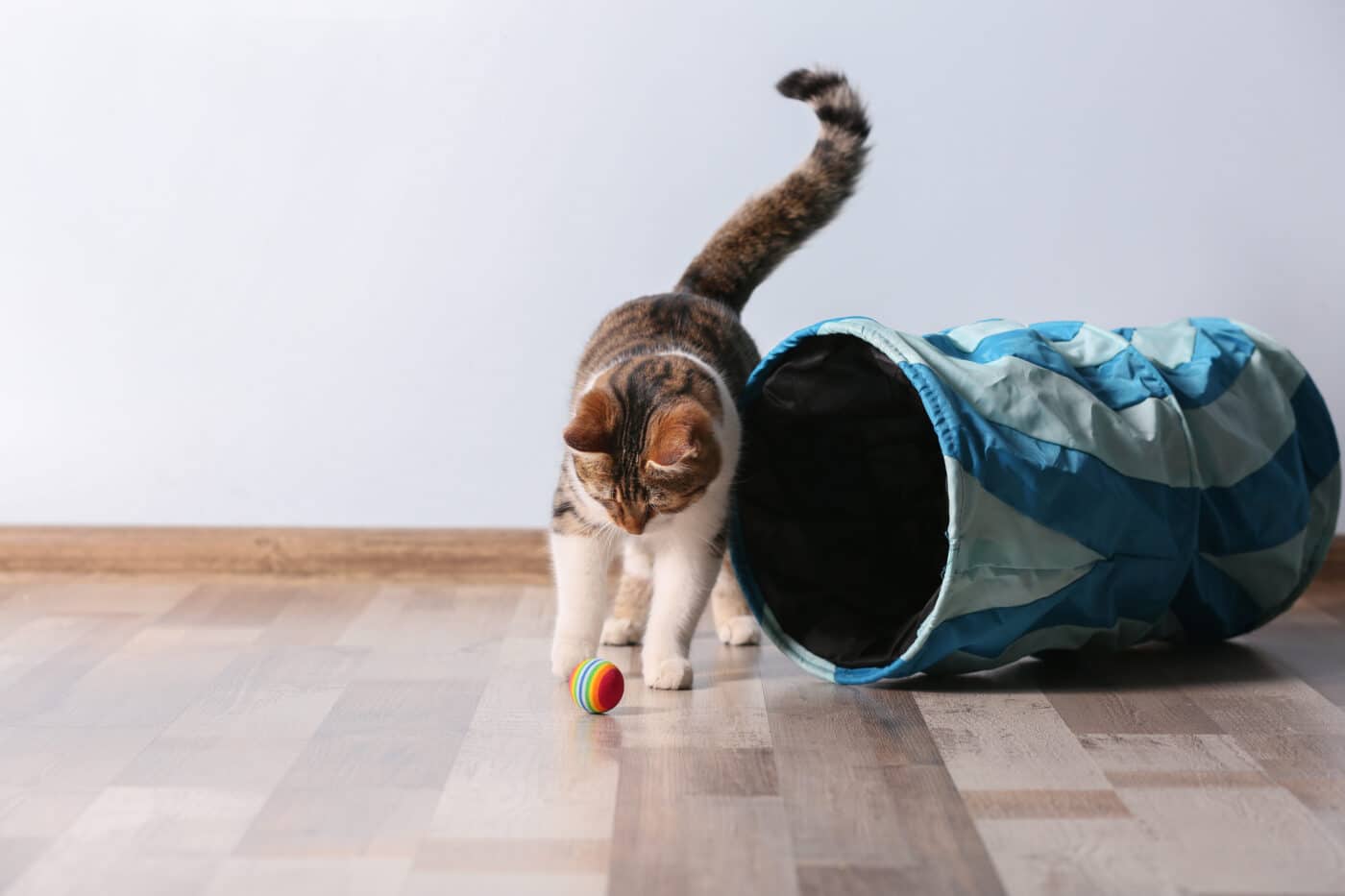
Many cats are playful by nature and enjoy the movement and noise that comes from objects being toppled. This playful behavior is a way for them to entertain themselves and expend excess energy. Interactive play with toys can sometimes reduce the need for them to turn your belongings into their personal amusement.
Boredom Relief
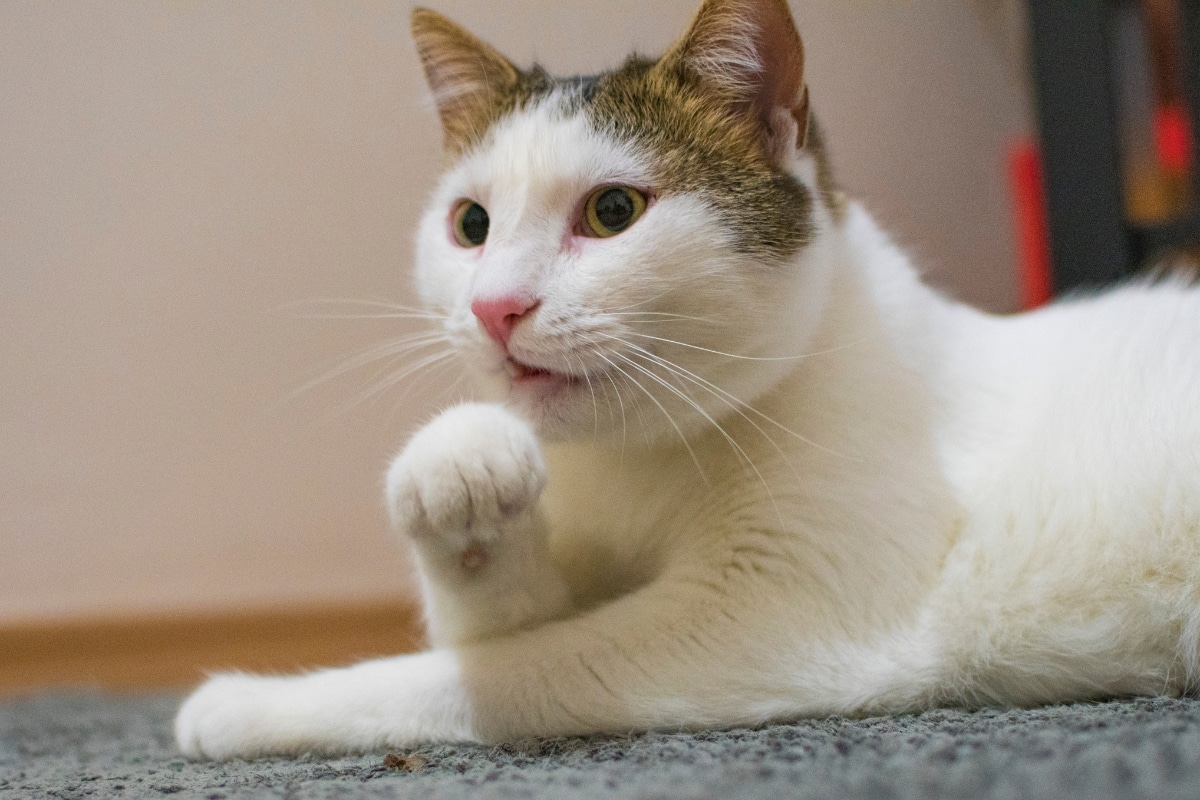
When cats are bored, they may engage in destructive behaviors to alleviate their monotony. Knocking things over provides a form of entertainment and stimulation, breaking the tedium of a quiet household. Providing more interactive toys and activities can help keep boredom at bay.
Marking Territory
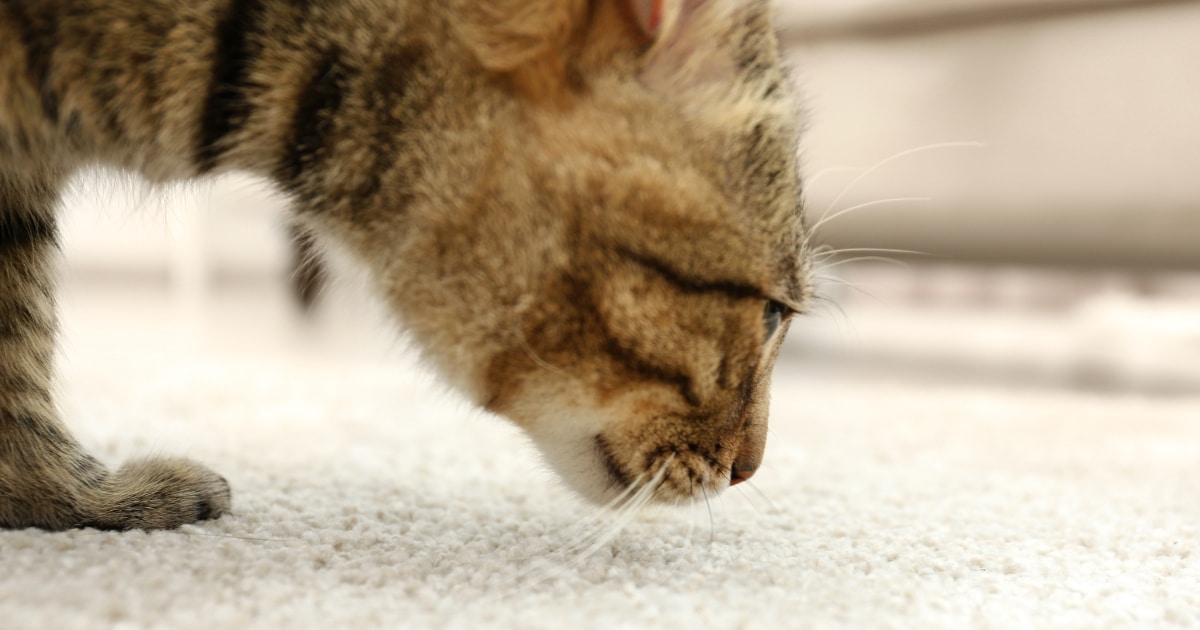
Cats have scent glands in their paws, and by knocking objects over, they are marking their territory with their unique scent. This behavior asserts their presence in the space and can be a way to communicate with other animals or cats in the vicinity.
Curiosity
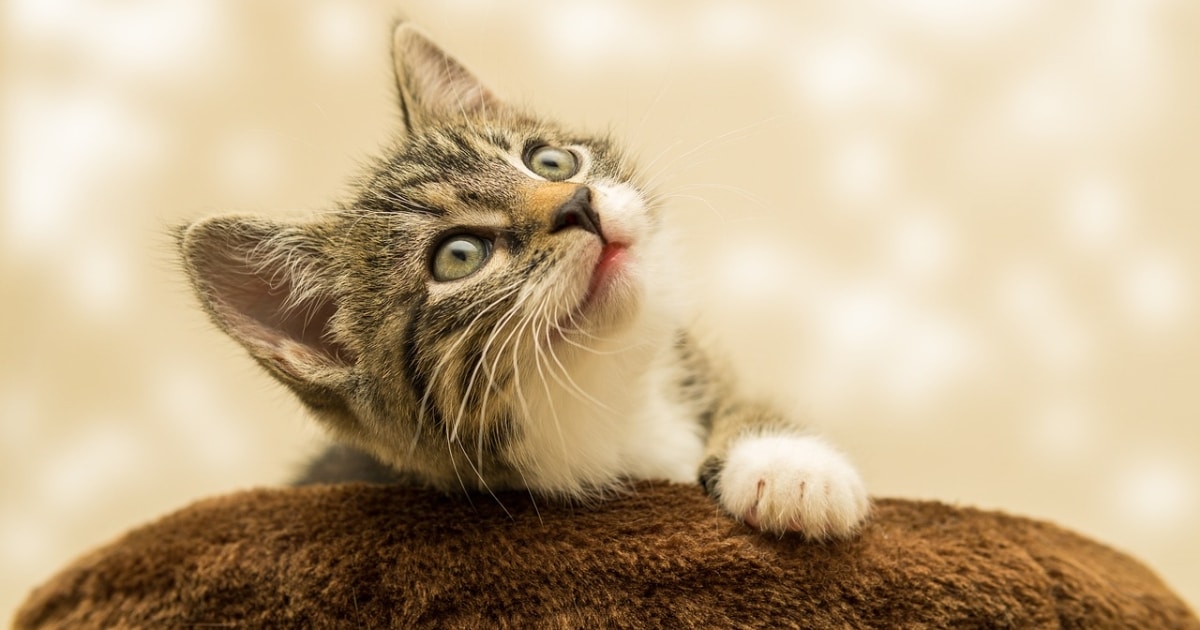
New or interesting objects naturally attract a cat’s curiosity. They are compelled to interact with these items to understand their purpose and functionality. Knocking things over is one way they explore and satisfy their inquisitive nature.
Stress or Anxiety Destructive
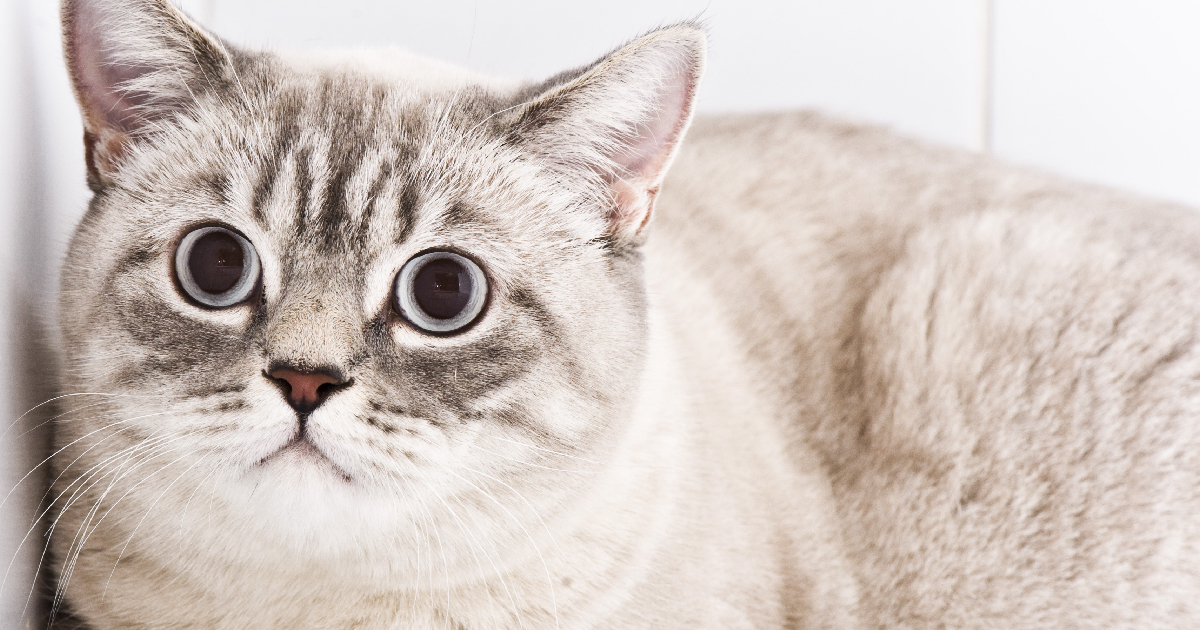
behavior can sometimes be a sign of stress or anxiety in cats. Knocking things over may serve as a coping mechanism to deal with their emotions. Identifying and addressing the sources of their stress can help reduce these behaviors.
Seeking Interaction
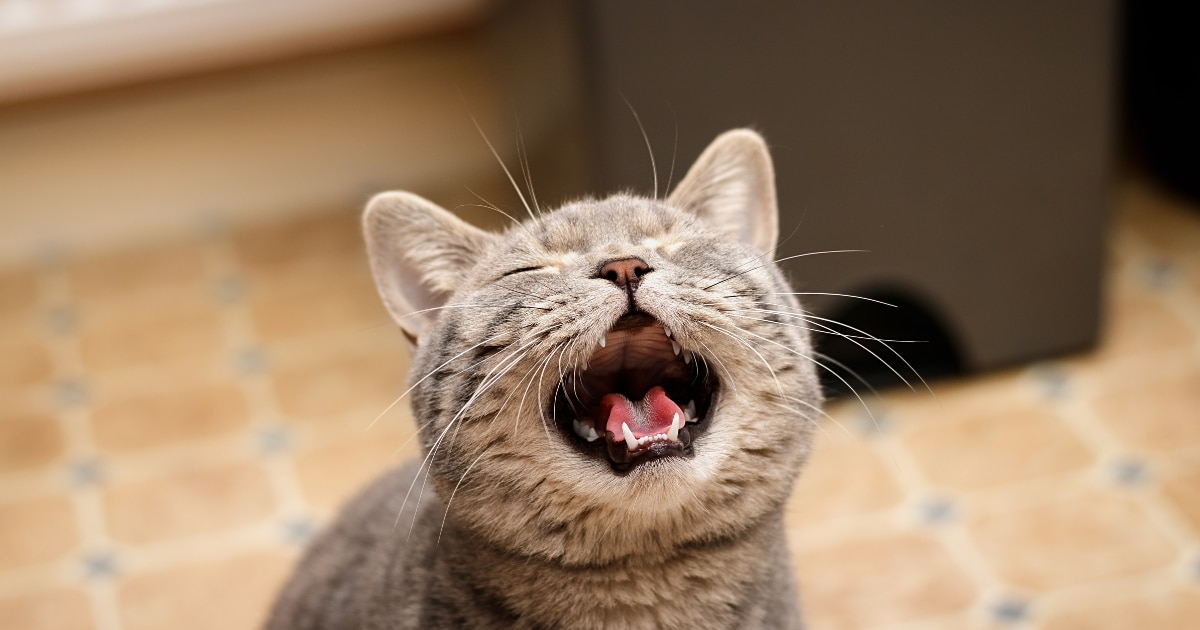
Cats may knock objects over to initiate playtime or interaction, especially if they feel lonely. This behavior signals their desire for engagement and companionship, prompting you to spend more time with them.
Exploring Textures and Sounds
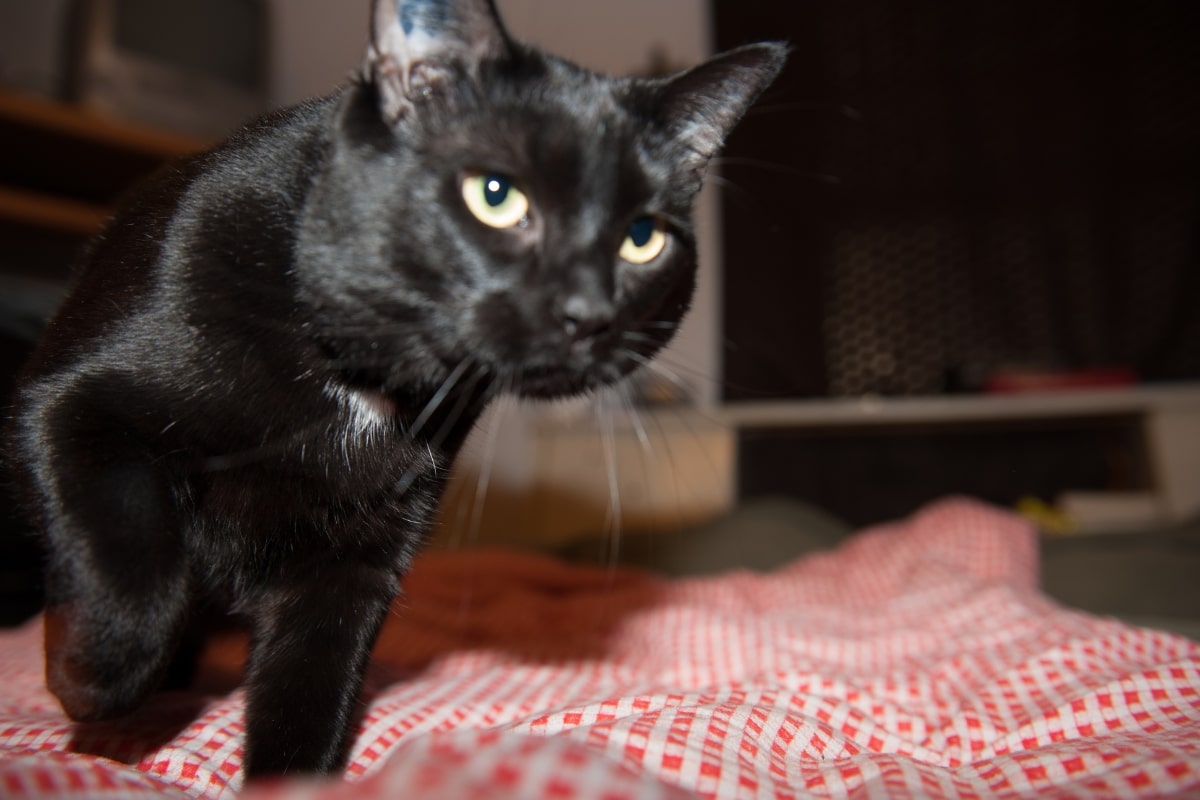
Different objects offer varied textures and sounds, which can be highly stimulating and enjoyable for cats. The tactile and auditory feedback from knocking things over provides sensory enrichment that keeps them entertained.
Territorial Instincts
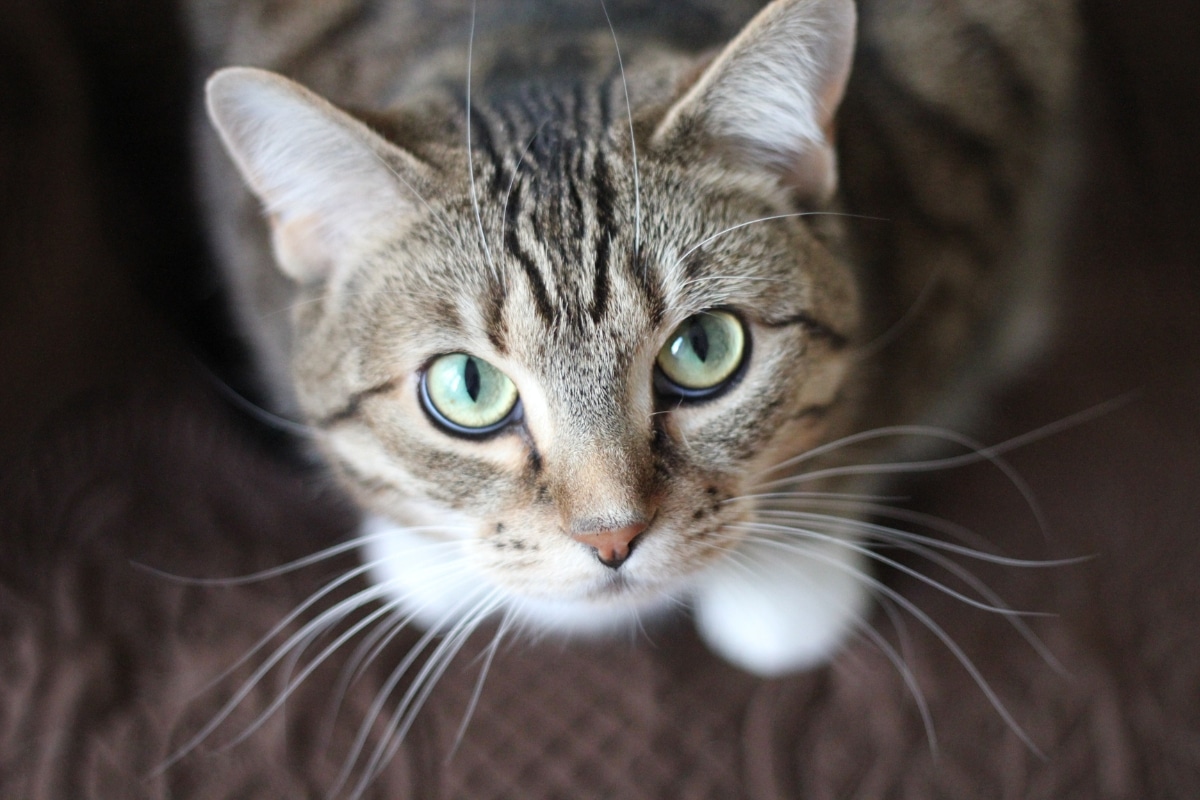
Moving objects around can be a way for cats to assert dominance over their space. This territorial behavior ensures that they feel secure and in control of their environment, reinforcing their sense of safety.
Training and Learned Behavior
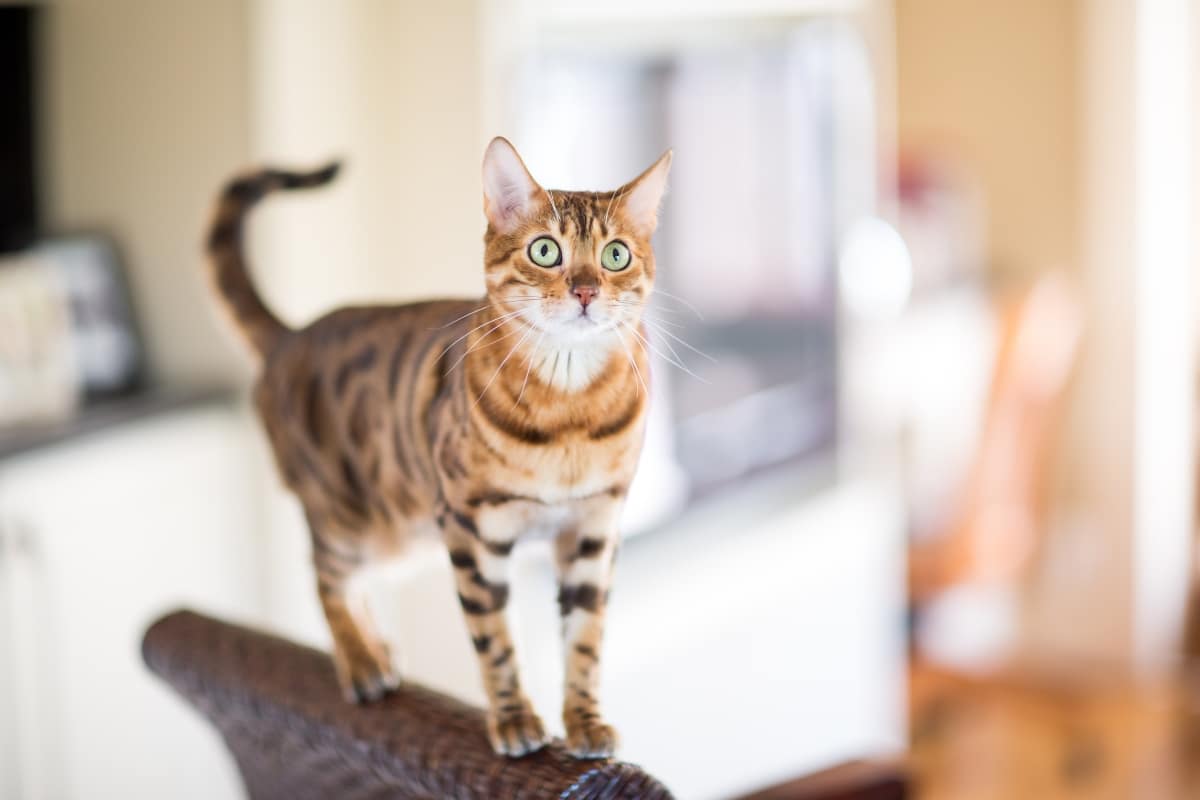
If a cat has previously received attention for knocking something over, they might continue the behavior as a learned response. Whether the attention was positive or negative, the association reinforces the act, making it more likely to be repeated.
Natural Curiosity About Cause and Effect
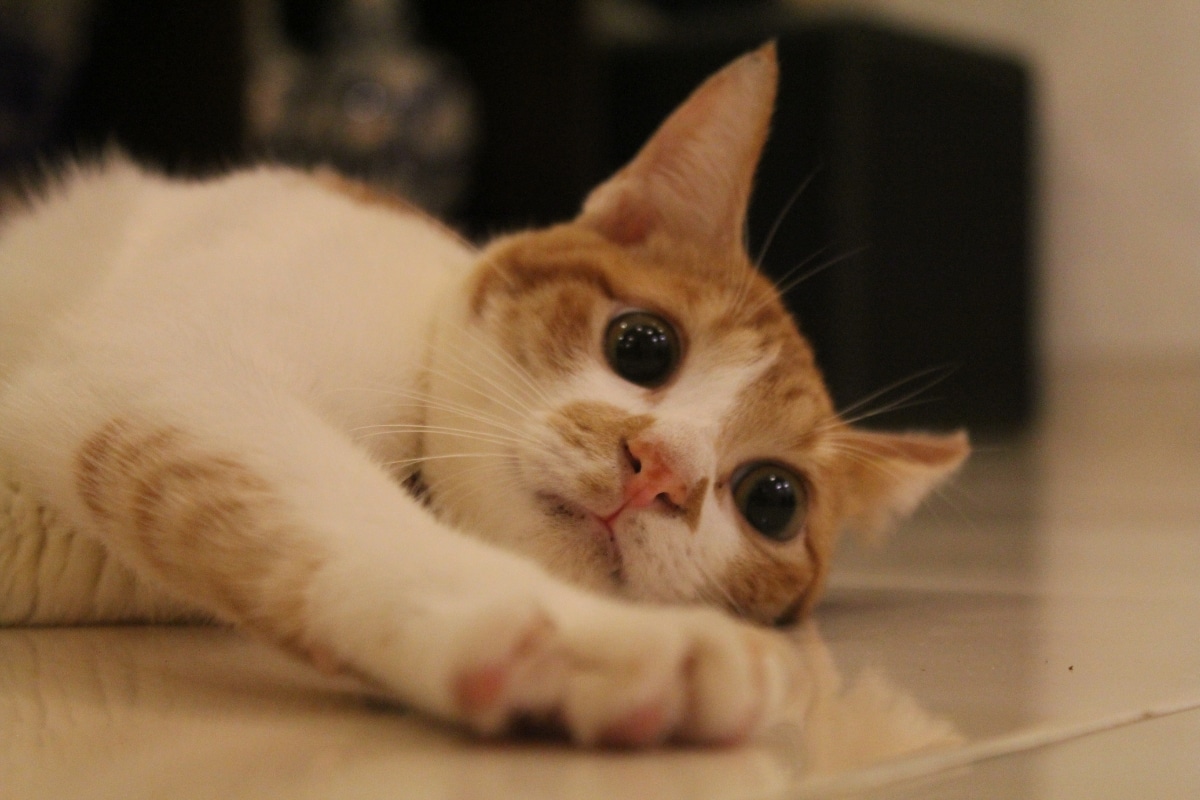
Cats are fascinated by cause and effect, and knocking things over allows them to see the results of their actions. This experimentation helps them understand their impact on the environment and satisfies their desire to explore how things work.
Whiskered Whimsy
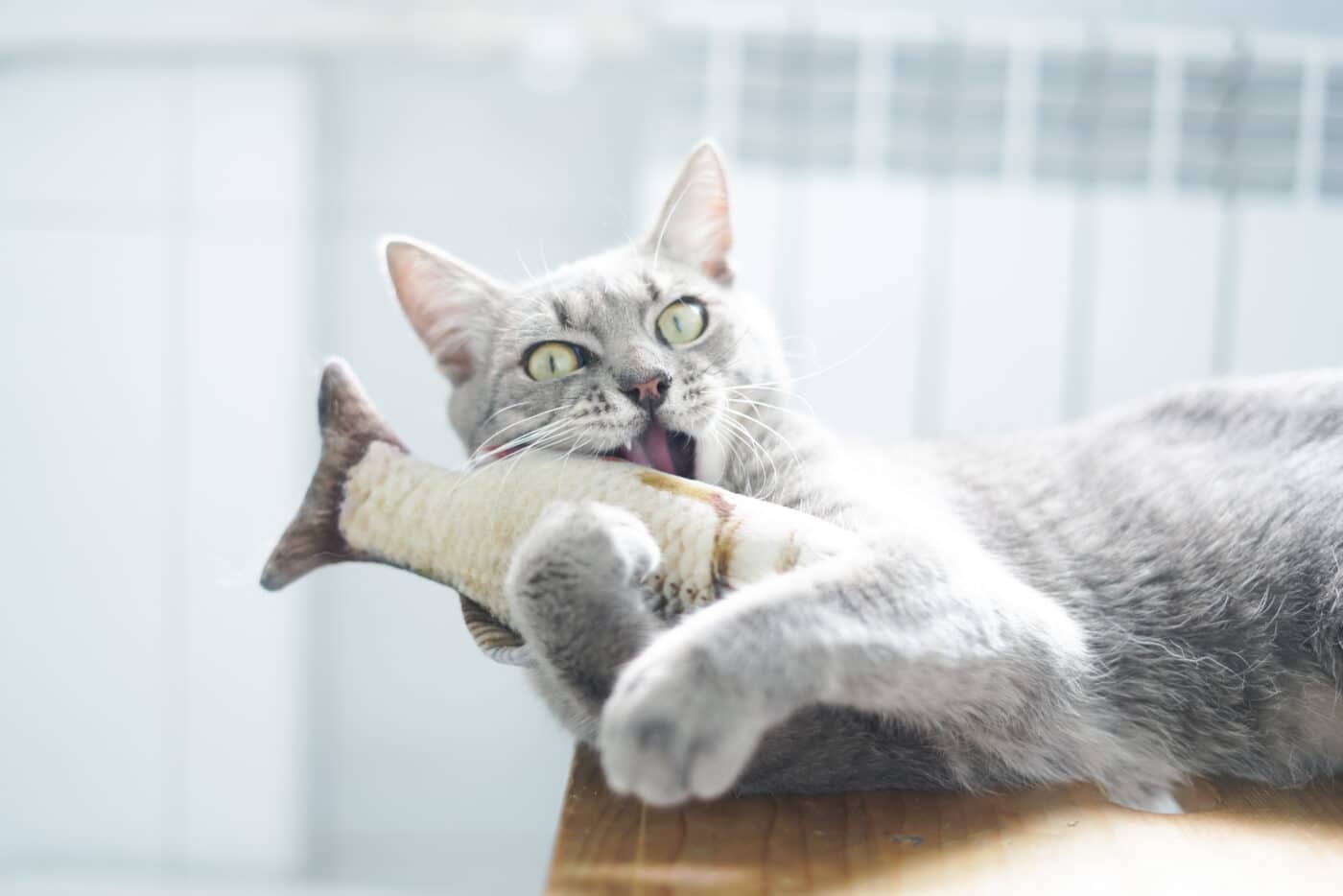
Understanding these motivations can help you address the underlying causes of your cat’s behavior. Providing ample playtime, interactive toys, and attention can reduce the likelihood of unwanted knocking. Additionally, creating an enriching environment that satisfies your cat’s natural instincts can lead to a happier, more content feline companion.
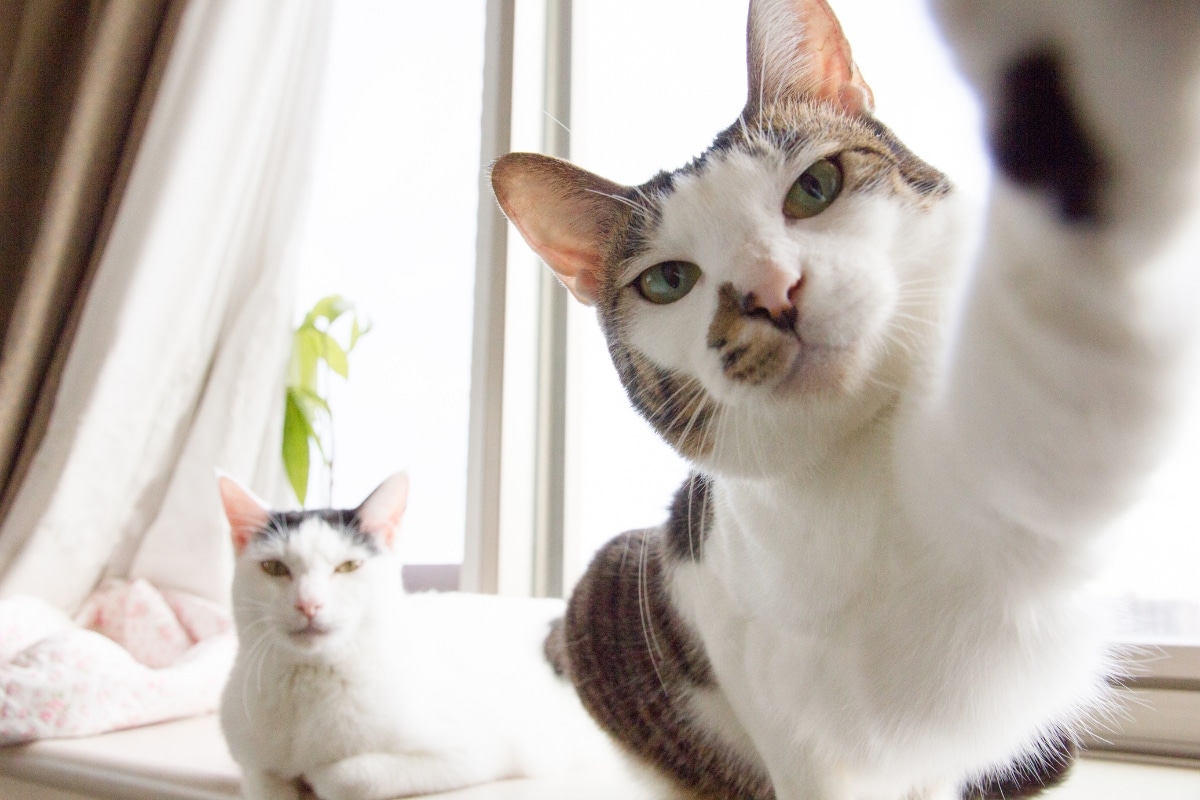
It’s appropriate time to make some plans for the future and it is time to be happy. I have read this post and if I could I want to suggest you few interesting things or suggestions. Perhaps you could write next articles referring to this article. I wish to read more things about it!